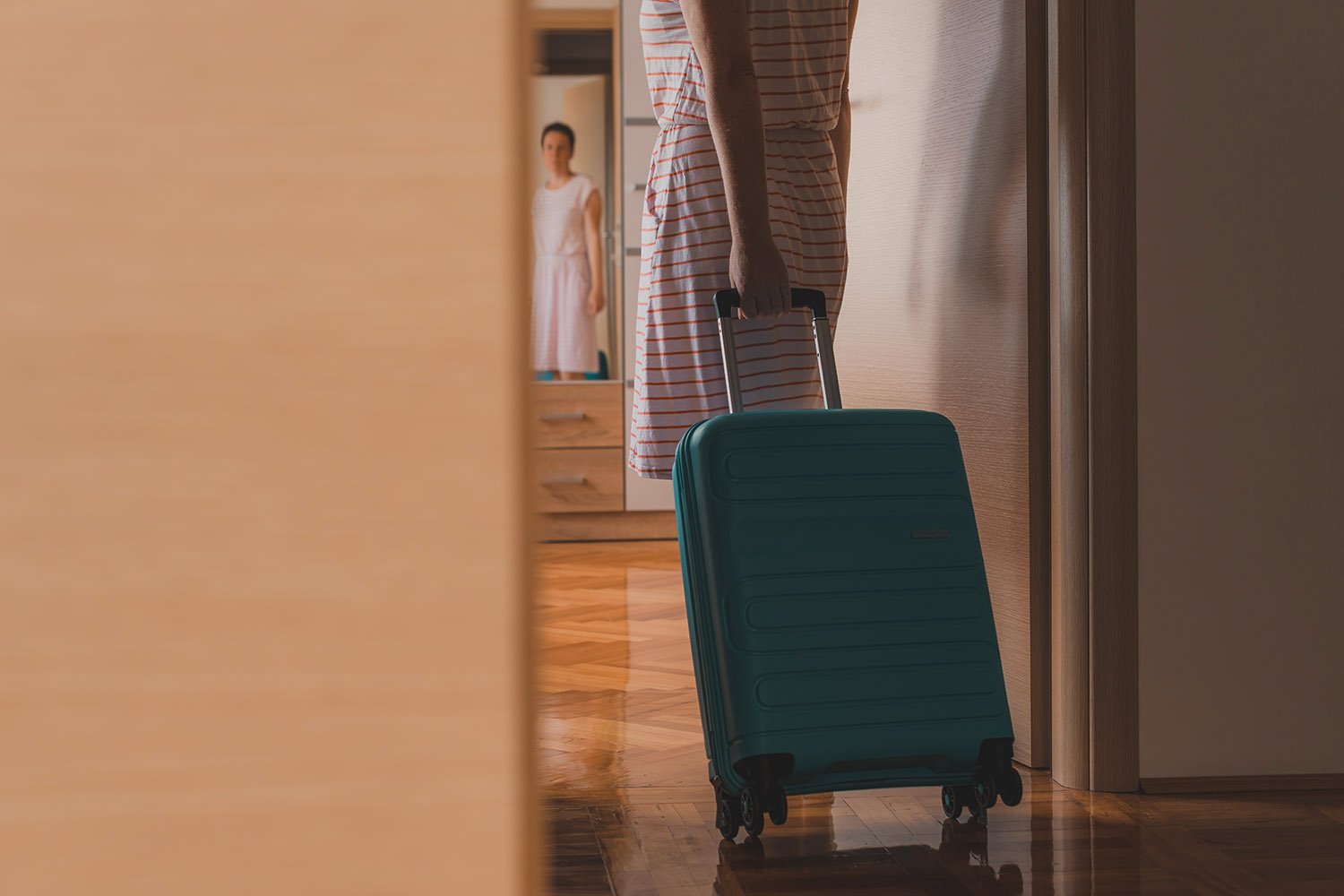Backpacking Europe: Hostels, Homestays or Camping?
Backpacking across Europe is a rewarding, eye-opening experience that offers you a unique opportunity to soak up diverse cultures, enjoy stunning landscapes, and meet interesting people from all walks of life. An important part of your planning process will be deciding on the type of accommodation that best suits your travel style and budget. Here, we explore the pros and cons of three popular options: hostels, homestays, and camping.
Photo Credit : Photo by stevanovicigor , Envato Elements
Hostels
Hostels have long been the go-to choice for backpackers. They are budget-friendly, ubiquitous throughout Europe, and a fantastic way to connect with other travelers.
Pros:
Budget-Friendly: Hostels offer shared dormitories, which are often the cheapest available accommodation, especially in cities.
Social Environment: They provide a vibrant social scene, where like-minded travelers connect, exchange stories, and often, plan activities together.
Amenities: Many hostels come with amenities like kitchens, laundry facilities, and communal areas, making it easy to take care of practical needs while saving money.
Cons:
Privacy: Shared dorms mean less privacy.
Noise: Depending on your fellow travelers, hostels can sometimes be noisy.
Availability: Popular hostels in peak season can get booked up, so advance planning is necessary.
Homestays
Homestays offer you a chance to experience local life first-hand. They range from renting a single room in a local’s home to participating in a cultural exchange program.
Pros:
Cultural Immersion: Staying with locals provides insight into their lifestyle, traditions, and cuisine. It's a rich cultural exchange that's often missing in other types of accommodation.
Comfort: Homestays are often more comfortable and less crowded than hostels.
Local Knowledge: Hosts can provide insider tips about the best places to visit, eat, and explore.
Cons:
Less Flexibility: Homestays often require advance booking and aren't as flexible as hostels for last-minute changes.
Social Interaction: You might miss out on meeting other travelers if you stay exclusively in homestays.
Camping
If you're an outdoor enthusiast, camping is an excellent option. Europe is dotted with campsites, including many in or near major cities. Wild camping is also allowed in certain countries, though it's important to research local regulations.
Pros:
Cost-Effective: Camping can be the cheapest option, especially in pricier countries.
Nature: Camping allows you to stay in some of the most beautiful natural surroundings Europe has to offer.
Freedom: It provides a sense of freedom and adventure, especially for those who love the great outdoors.
Cons:
Weather Dependent: Your experience will depend heavily on the weather.
Facilities: You may have limited access to facilities, such as showers and electricity, especially when wild camping.
Gear: Camping requires carrying additional gear like a tent, sleeping bag, and cooking equipment, which can add to your backpack's weight.
Your choice between hostels, homestays, and camping will depend on your personal preferences, budget, and the nature of your itinerary. Each has its own unique benefits and potential downsides. You might even choose to mix and match these options to enjoy a range of experiences as you travel across Europe. Happy backpacking to Europe!

